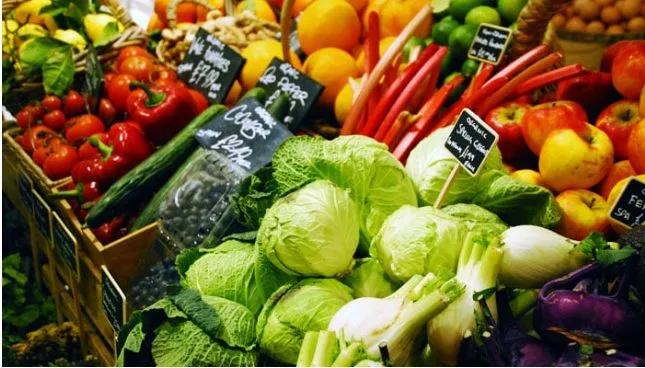Health Alert: Are vegans less likely to catch Covid? Here’s the truth | Pro Hub of News
In a week marked by notable health revelations, a recent study published in BMJ Nutrition Prevention and Health has captured attention by suggesting that individuals adhering to a plant-based or vegetarian diet may have a 39% lower risk of contracting COVID-19 compared to those with a meat-inclusive diet, as reported by Yahoo News.
This finding introduces a new perspective to the ongoing discourse on the influence of dietary choices on immune system resilience. Additionally, several other research studies have provided fresh insights into different aspects of health.
1) Plant-Based Diet and Lower COVID-19 Risk:
The study in BMJ Nutrition Prevention and Health indicates that people following a plant-based or vegetarian diet experience a significantly lower risk of contracting COVID-19, with a 39% reduction compared to those with a meat-inclusive diet.
2) High Levels of Nano Plastics in Bottled Water:
Research published in the Proceedings of the National Academy of Sciences reveals significantly higher amounts of Nano plastics in bottled water than previously estimated, ranging from 10 to 100 times greater. Despite being invisible to the naked eye, the presence of these Nano plastics raises concerns about the potential health implications of consuming such water.
3) Impact of News Source on Awareness of False Information:
Penn State Research suggests that the platform used for news consumption influences individuals’ awareness of false information. Notably, people reading news on mobile phones, as opposed to computers, appear to be less vigilant about discerning false information. This is particularly relevant in the context of health misinformation, which has been linked to various adverse outcomes, including potential impacts on mental health.
4) Social Cues and Food Preferences:
A U.K. study explores how social cues, specifically expressions of disgust, affect food preferences. The research indicates that observing others express disgust while consuming certain foods, such as broccoli, influences individuals’ perceptions and preferences for those foods. The study highlights the interconnected nature of social influence and personal taste preferences in the context of food choices.
These findings collectively contribute to a deeper understanding of the various factors influencing health, ranging from dietary patterns and environmental considerations to the impact of social cues on individual behaviors and choices.
